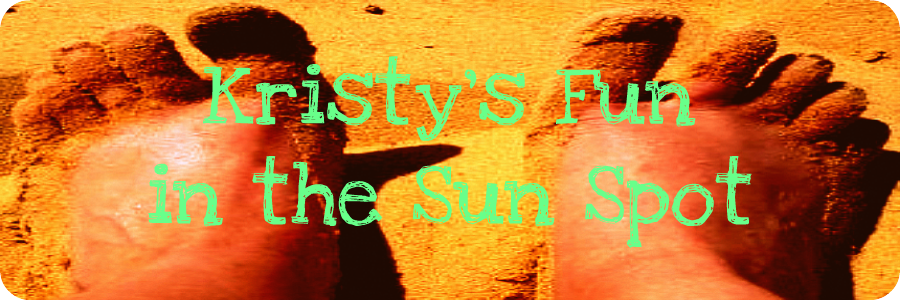I really like the aspect of web groups. It is fun and interesting to read other people's post and see what they think about the environment. I think one of the best ways to learn is from peers, so this is an excellent example of that. Another aspect of the course I am fond of is the Read 'N' Seed section, I love my book and feel like I would read it even without this class.
Regarding the environment, I have learned about new buildings that are environmentally friendly and LEED certified. I have also learned that recycling is not enough to care for the environment. If we do not do something extreme soon, eventually the planet is going to be no more. I should start eating foods grown locally, buying things with less packaging, and carpool more often. I think I will really benefit from this class and I am looking forward to the rest of the experience.

